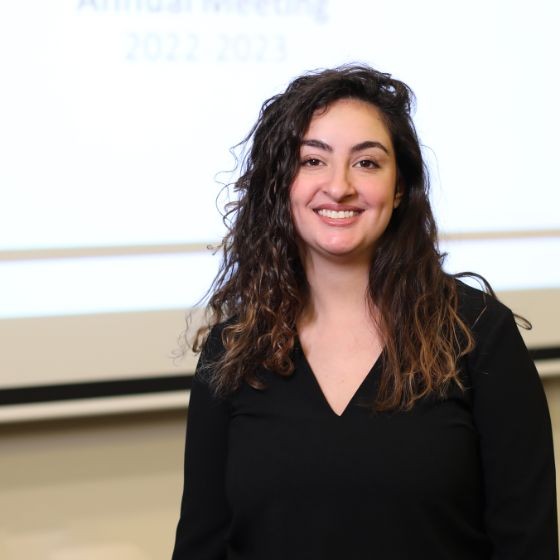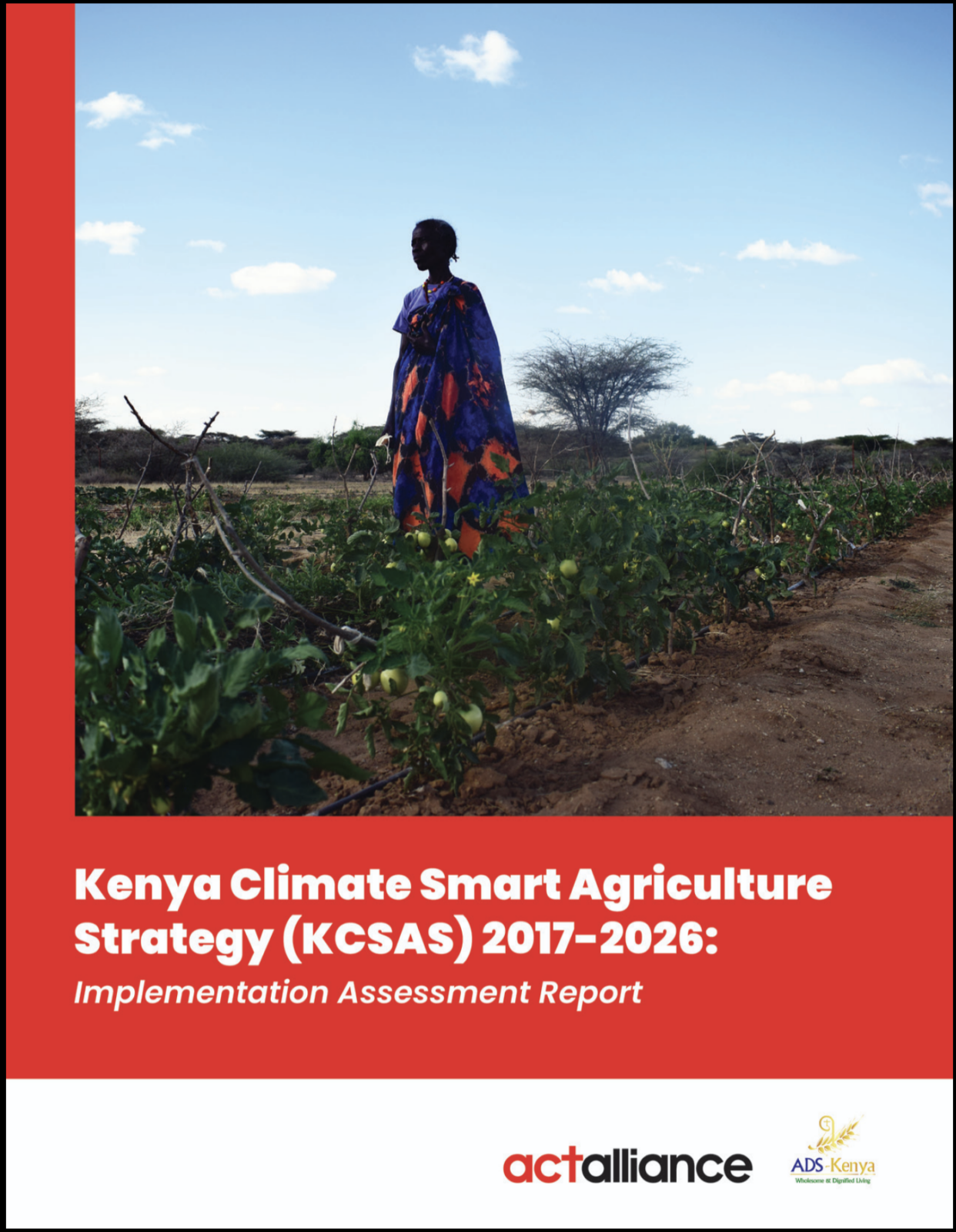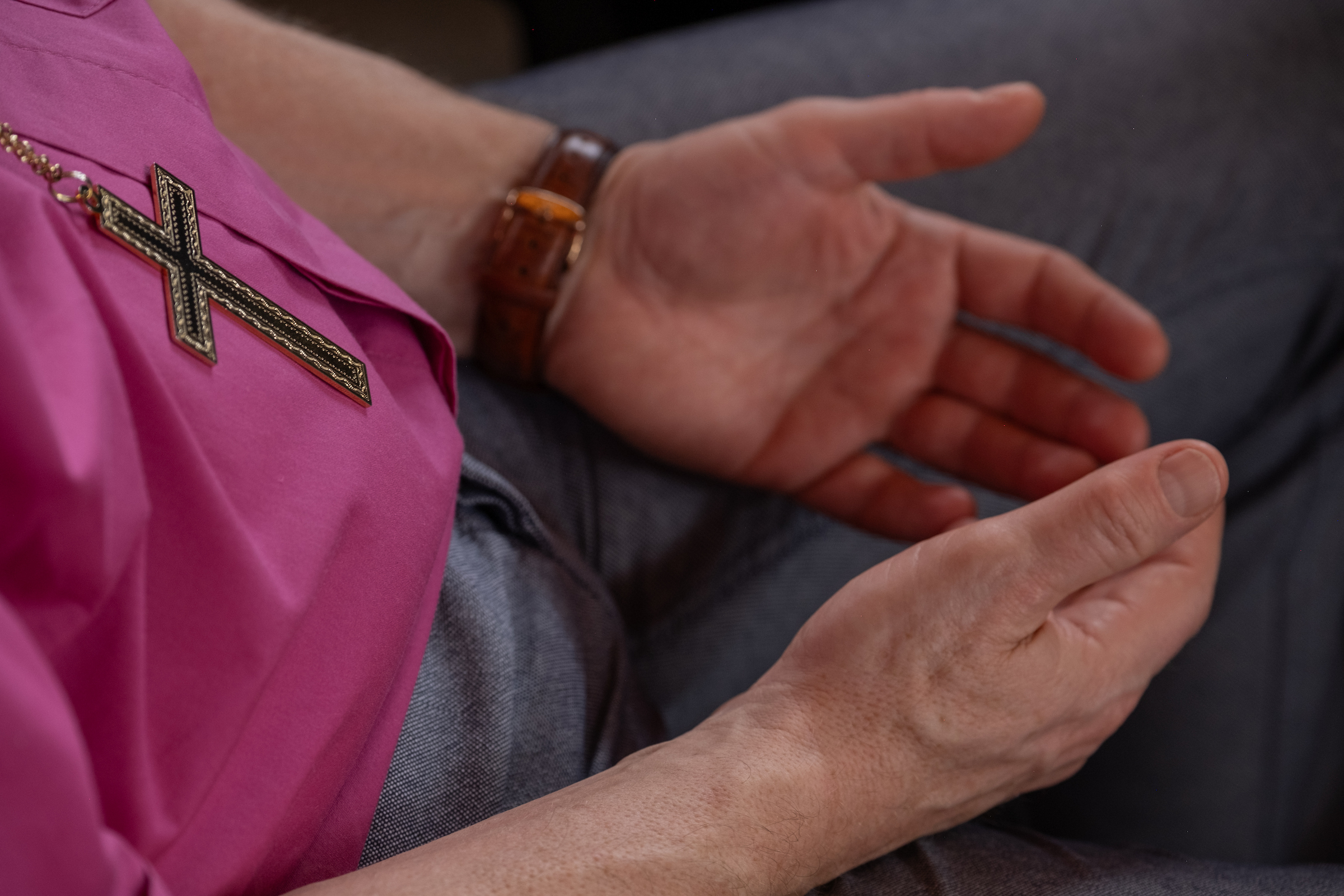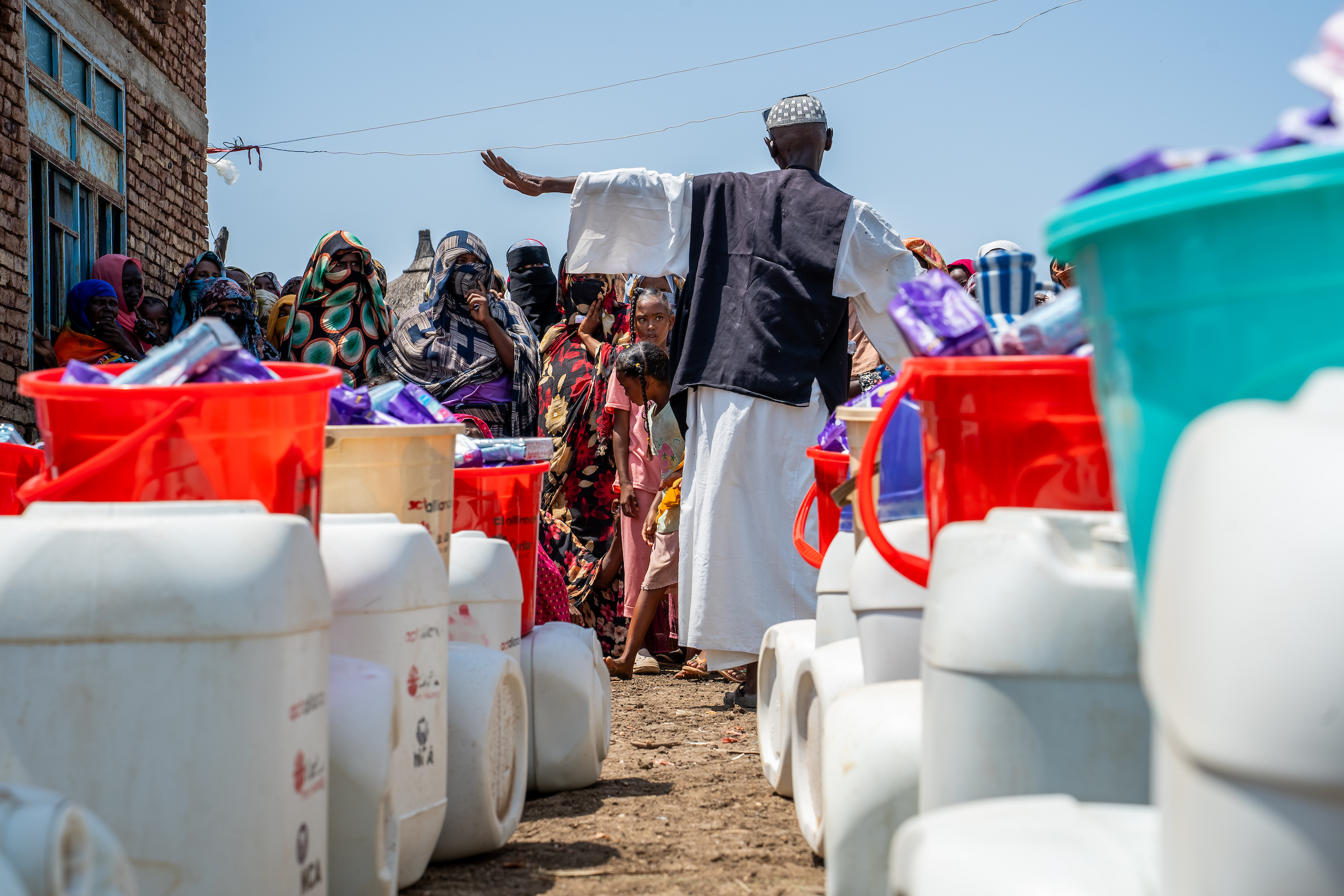By Anette Torjusen/Norwegian Church Aid
Photos: Håvard Bjelland/ Norwegian Church Aid
Thulile Ndwalane (28) was only 13 years old when she told the world she is a lesbian. Where she comes from, that can be life-threatening. Outside her church, a girl was stabbed to death because of her sexual orientation.
“She was killed right here,” says Thulile Ndwalane, pointing to the small gravel road leading up to Gamalakhe Assembly of God, a church located in a village a couple of hours outside Durban, South Africa.
The church serves as a safe haven for people in vulnerable situations. Here, they find inclusion, generosity, and support in facing their challenges. Many of those who come here are queer—something that is difficult in many of the countries where Norwegian Church Aid works, including South Africa, even though homosexuality is not illegal. Through the One Body project, LGBTQI+ inclusion is a key part of our work with our partner FOCCISA’s health and gender justice network.
FOCCISA stands for the Fellowship of Christian Councils in Southern Africa. It is a collaboration between churches and Christian councils in Southern Africa, working on social and ethical issues such as HIV and AIDS, gender-based violence, marginalization of vulnerable groups like LGBTQI+ people, human dignity, and social justice.
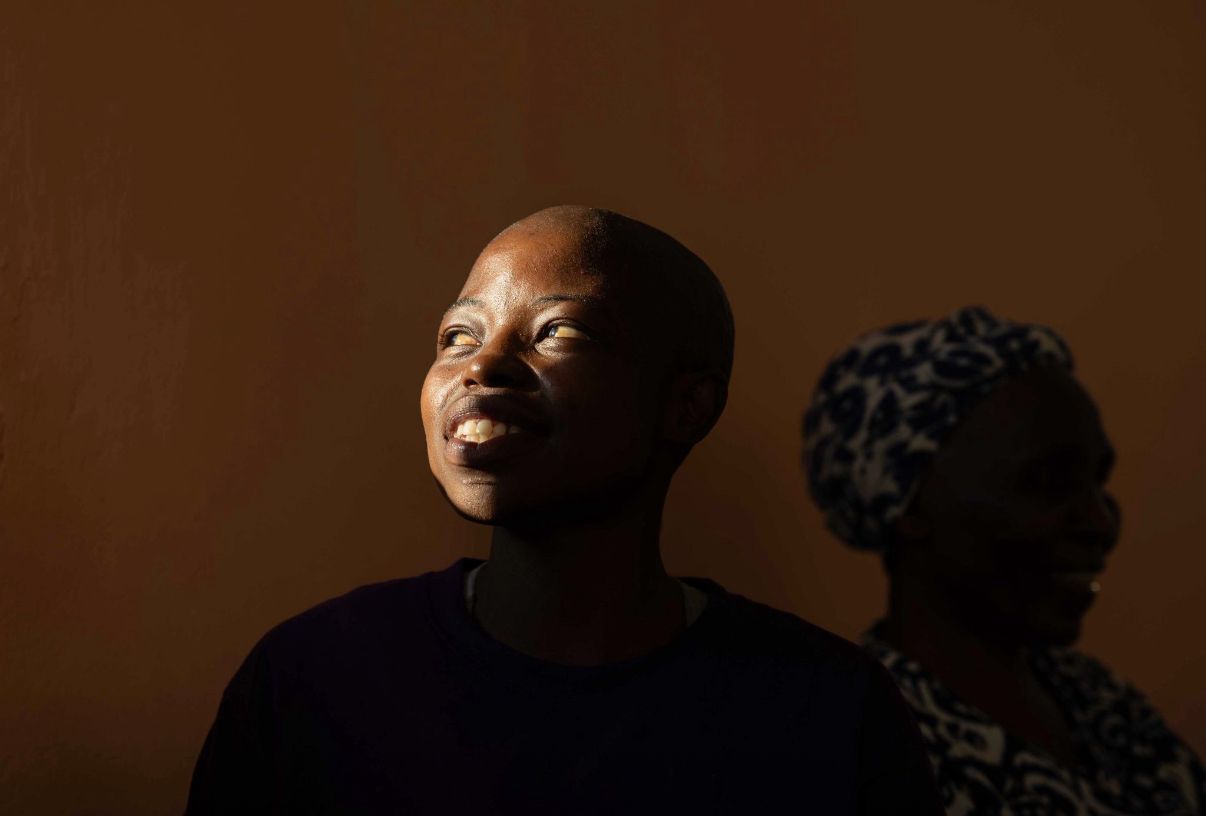
Risking her life for others
Mafungwase Mbili is the pastor of the church we’re visiting. She has survived attempted rape and murder and constantly faces verbal abuse. She has lost jobs, been unpaid, bullied, and stigmatized. But she refuses to give up the fight for justice and inclusion.
“I’m an activist for queer people. I’ve studied the Bible, and if there’s one thing I’ve learned, it’s that it’s important to stand up for everyone. I preach to everyone, I love everyone—so why should I discriminate? I preach about love, so I must also show it in practice,” she says firmly.
We meet her in the church alongside Thulile, where she has worked for four years. It has been a challenging time, but she says her work is more important than ever.
“In this area, people are killed, raped, and bullied because of their sexual orientation. I have to use my voice for those who can’t use theirs. It’s not easy. I’ve been subjected to attempted rape several times to ‘prove’ that I’m heterosexual and not a lesbian,” she says quietly.
Mafungwase sees no contradiction between being a pastor and an activist for queer rights.
“Sexuality doesn’t define us—being human does. As a pastor, I spend a lot of time talking about love and diversity. The Bible clearly says we are all created in God’s image. People are people, regardless of everything—disability, challenges, or orientation. I want everyone to live free lives without discrimination. As a pastor, I speak up for that, and I will do so until the day I die.”
I preach to everyone, I love everyone—so why should I discriminate? I preach about love, so I must also show it in practice
Aren’t you afraid?
“No, I can’t afford to be. I hear too many stories to stay silent. Young girls and boys being raped—so-called corrective rape—to ‘prove’ they’re not queer. I hear stories of people being hunted and killed. The last one was on my doorstep, trying to flee to safety.”
Despite the opposition, she also receives enormous support.
“I get a lot of positive feedback that the work I do is important. I won’t stop as long as I’m alive,” she smiles.
Refusing to live in hiding
One of those who has found support in the church is Thulile. She came out as a lesbian at 13, though her parents had long suspected it. So had her friends.
“I was a typical tomboy and got a lot of nasty comments, but as my friends started getting boyfriends, I realized I liked girls,” she smiles.
She decided early on to stand up for who she is by being open.
“I chose not to hide, even though I’ve been threatened and bullied. I’ve always tried to be brave and not let others’ attitudes scare me. For me, it’s important to believe in who I am and not let people break me down.”
Now she helps the church support other queer people in the community and is an active member of the church’s football team—a team where everyone should feel free to be open about their orientation without harassment.
She now dreams of having a family.
“Even though it’s hard to be queer, I’m not giving up on the dream of a wife and children,” she smiles.
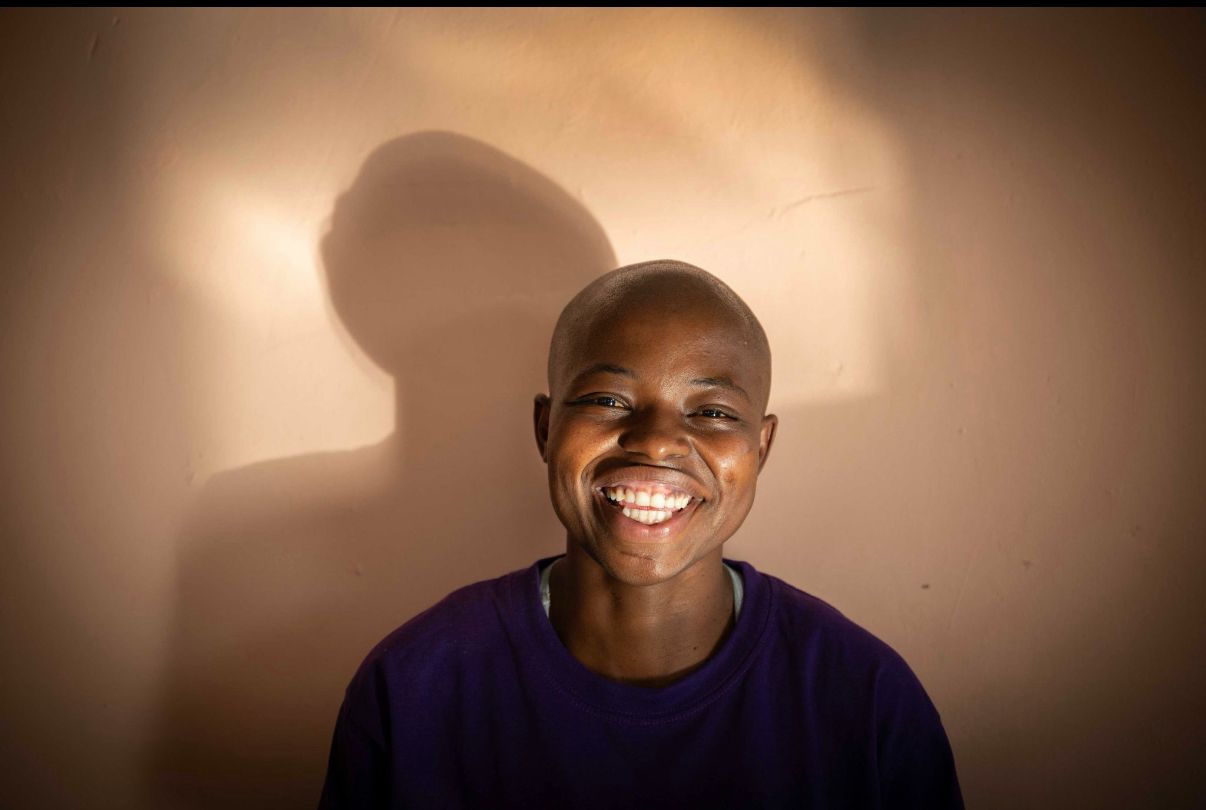
Groundbreaking method
The One Body method is a program developed by our partner in collaboration with Nordic churches. It is both a methodology and a theological approach that emphasizes human dignity, inclusion, and dialogue. It is used in workshops and training for church leaders and communities, aiming to create inclusive communities and reduce stigma and discrimination.
“Even though South Africa is a pioneer in Africa in protecting queer people in its legislation, there’s still a long way to go before everyone is protected in practice. Violence is widespread in South Africa, and queer people are among the most vulnerable groups,” says Guro Almås, Program Director at Norwegian Church Aid’s regional office in Kenya.
She emphasizes the importance of churches in this work.
“Unfortunately, churches have often legitimized negative attitudes toward queer people, but they also have enormous potential to contribute to positive change. Pastors often have great trust in their communities. Supporting work like that of Gamalakhe Assembly of God is incredibly meaningful. It saves and transforms lives.”

